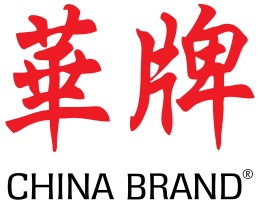In China, bad faith registration of third-party trademarks is prohibited. Until recently, it was nevertheless difficult to act against trademarks that were no exact copy of the relevant trademark, even if the bad faith was obvious from the point of view of the company concerned.
It took a while, but in the meantime the chances of also cancelling similar, or even not so similar, trademarks that were applied for in bad faith have greatly increased, given the appropriate evidence. This year, for example, we have already successfully cancelled several trademarks, which were no exact copies of our clients’ trademark, but were nevertheless, when looking at the big picture, obviously registered in bad faith with the intention to exploit the reputation of the original trademark.
Experience shows that trademark oppositions based on bad faith are still usually rejected for trademarks that do not show a very high degree of similarity. However, the chances of success are higher when a trademark cancellation is applied for. Unlike trademark oppositions, trademark cancellations are decided by the TRAB (Trademark Review and Adjudication Board). Thus, if the respective trademark is registered despite the opposition, it is still worth applying for a trademark cancellation. What is important when applying for cancellation on the grounds of bad faith is, of course, the evidence. Merely pointing out that one’s brand is a well-known trade mark or that the German company name was copied is not sufficient. Ideally, it can be proven that the company knew of the brand that is copied, be it that there was previous contact between the two companies, that they participated in the same trade fairs several times, or that the applicant company itself refers to the company owning the brand, for example by claiming to be an official distributor.
In the case of trademarks that are generally not considered to be the same or similar, it is also necessary to prove that there is nevertheless a misuse of one’s own trade name or brand. This is possible, for example, if the applicant for the trademark actively links it to the company name of the well-known company or if the trademark can be proven to correspond to the common name in China for one’s own company.
If there are previous court cases against the applicant, these can also be helpful as evidence, especially if the court has ruled on whether the trademark in question is in bad faith. The TRAB does not have to follow such a judgement, but such judgements are nevertheless very useful.
Another factor that often influences the decision is the amount of obvious bad faith trademarks applied for by the other company. If there are other applications for well-known Western trademarks, or obvious imitations of such trademarks, this increases the chances of cancellation considerably.
We recommend that companies active in China not only look for direct copies of their trademarks, but also for similar trademarks, transcriptions in pinyin or the common Chinese translation of their own trademark. Resolute action should also be taken against such marks.

